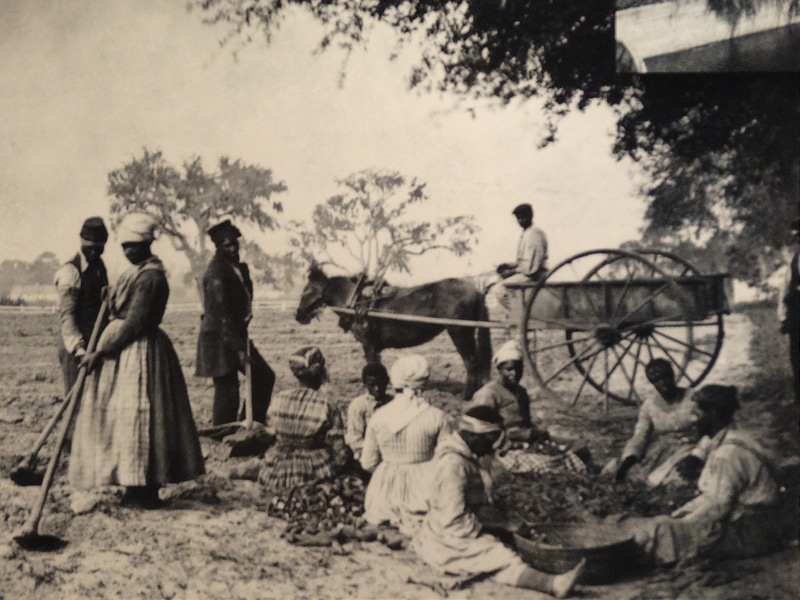| Somehow, Kevin Bales stays optimistic. That’s not easy when your life’s work revolves around the modern plague of human slavery, a plague that constantly trickles like melting snow into the shadows of contemporary society, even in Utah. A professor of contemporary slavery at Britain’s University of Nottingham, Bales is perhaps the world’s foremost expert on the subject. He has at times worked undercover to expose the trade, |
| | talking to slaveholders and slaves in some of the world’s least desirable locations. He admits, apologetically, to pretending to be a journalist once when he approached a brick kiln operation in Pakistan. While getting the overseers to talk for a “story,” Bales’ driver spoke to the workers in their native language. He cofounded an abolition group called “Free the slaves” and has written several books on the subject, including one that examines solutions. He came to Utah this week to speak as part of the Utah Council for Citizen Diplomacy’s World Affairs Lecture Series. As we met prior to that speech, he confided that being optimistic isn’t always easy, especially when you see humans treated in unspeakable ways. “There have certainly been times in this work where my optimism has collapsed in the face of horror,” he said, recounting a period when he displayed the classic symptoms of posttraumatic stress syndrome, complete with flashbacks, crazy dreams and rage. Just the sheer numbers are discouraging enough. According to the Global Slavery Index, 48.5 million people are enslaved worldwide, and 57,700 of them are in the United States. Those who think it all went away at Appomattox are wrong. It’s time to rewrite the textbooks. Bales said owning a slave is cheaper today than ever. Accounting for inflation, a plantation owner in the Antebellum South would have had to pay about $45,000 in today’s money for a slave. Now, a few hundred dollars, or maybe $1,000, will do it. With about 600 billion or more of the world’s population living in areas where laws are weak, the supply is virtually endless. And that makes slaves disposable, too, adding to the human crisis. In the United States, slaves tend to work in the sex trade, but domestic and agricultural slavery exists, as well. Just Google “human trafficking” on almost any day and you’ll see recent news stories, such as the arrests of 114 people in Polk County, Fla., last month or the arrest of three men in Fayetteville , N.C., this week after police found them forcing a 17-year-old girl to prostitute herself from a Days Inn. The Utah attorney general’s office has assembled a task force to go after the problem here, and it stays busy. The director, Russell Smith, has assured me his crew never sits around wondering what to do. Last summer, they arrested 71 people in connection with human trafficking rings in Utah. The worldwide refugee crisis only adds to the problem. As Bales puts it, “When all of a sudden you’re living at home, you’ve got a flat in Aleppo, you’ve got a job, and then the next thing you know bombs start coming down and all you can run away with is your kid and the clothes on your back … you are incredibly vulnerable.” And yet Bales remains optimistic. That may be because he searches for solutions. His latest book, “Blood and Earth: Modern Slavery, Ecocide and the Secret to Saving the World,” draws a strong connection between widespread slavery and environmental degradation. One potential solution, he said, is to tie the problem to global climate change and use international carbon credits to reforest areas hurt by slavery. Another is to make slavery a household concern through public awareness campaigns. Yet another involves local governments and utilities. “You train people who read meters like electric meters and gas meters,” he said. “You train building inspectors and fire inspectors on this issue, and they start finding cases for you.” Ultimately, Bales finds that every success story, no matter how small, is a reason for optimism. “You begin to realize that one slave coming to freedom shows that any slave can come to freedom.” |


 RSS Feed
RSS Feed

